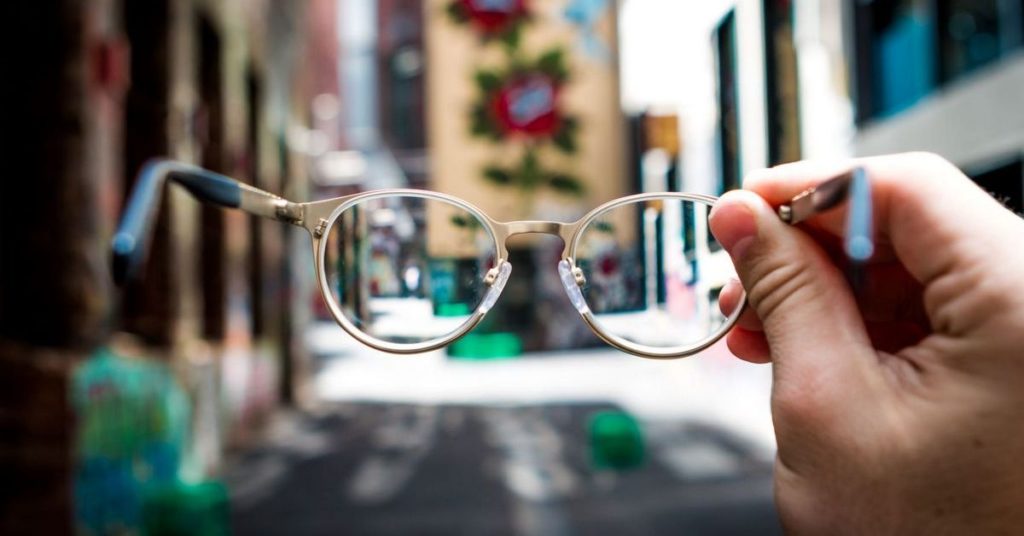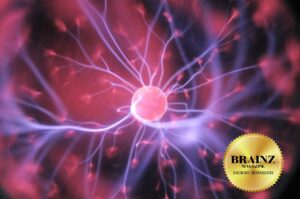If you read our blog you know how often I emphasize that the word empathy is a new word, very young. It was founded only in 1909 and was not used publicly until 1951. But empathy as a name for a new sense organ? And what does that even mean?
So fine. Let’s start by saying that empathy as a new phenomenon of civilization in the 20th and 21st centuries is also a new step in human evolution. Why new? Because it names a new need and a new ability:
– the need for people to be understood as unique individuals
-and their emerging ability to understand each other from within.
It is the most important process of contemporary evolution, which can only take place through conscious, freely chosen effort.
It’s time to grow up
So how has humanity survived so many millennia without empathy? We used to be kids, then we collectively became teenagers, and now is the time to grow up. Children understand each other instinctively and despite the unconscious dynamics of their common environment. This is how collectively humanity has been understood for many thousands of years.
They told us what to do and the elders, leaders, gurus, religions and traditions controlled us. Only very special, prominent people were allowed to be individuals.
Dependence on external authority versus individual “I”
Even today, many people need external authorities to tell them what is right and wrong, good and bad, true and false.
One hundred years ago, this dependence on external authority and group psychosis exceeded its expiration date and showed us the inhuman, twisted, degenerate reality through the destructive advent of nationalism, chauvinism, racism, communism, collectivism and other forms of hatred created by group identity. Their remains continue to this day in various forms of bankruptcy.
Only from the 1950s that adulthood became universal. Everyone wants to be unique, they want to be themselves as a leader and an authority. But the price we pay for it is isolation and loneliness.
The individual “I” destroyed the old community. And the individual “I” can recreate a new community based on individuality, with a new ability: empathy.
We must learn empathy
Since empathy is new, we need to learn it as we learn to talk, read and write, play musical instruments, ride a bike, swim or use a computer. Nik did not learn to read and write spontaneously, naturally or just by imitation.
Each of us underwent methodical training to become literate. If the rehumanization of human relationships is to take place, it is necessary to create, test and apply a methodological process for methodical learning of empathy. It must happen consciously. There is an objective need for an educational-development process of methodological empathy. I created such a process.
We teach methodical empathy very intensively in our Škola empatie (School of empathy), where you can still join.
We need to be empathetic and we long for empathy from others
For 34 years I have been working with methodical empathy, so far in 10 different countries, with many people from different cultures, with people of all ages, with different life destinies and lifestyles, with people of all faith systems.
I have come to the conclusion that behind all the individual, cultural, geographical and socio-economic differences, there is a universal effort and a need for empathy, both on the part of the giver and the recipient.
We need to be empathetic and we want empathy from others. We all need empathy like water, air and light.
Empathy – we are taking the first steps
Without a process in which it is possible to gain perspective on one’s own experience and being, empathy cannot grow. But she must grow. He is a small child in each of us and in humanity as a whole. We are taking the first steps towards a culture of empathy. It is not taught in academic curricula because it is not a matter that can be grasped intellectually as information and technical skill.
It is a new type of skill and, at its core, requires practical steps in self-knowledge and personal development. This path includes practical tools for self-observation that the intellect cannot provide us with.
As I said in previous articles, in order to observe ourselves, we need to activate our deep intelligence. In Psychophonetics, which can be called the body of empathy, we use the intelligence of perception, movement and gesture, visualization and sound in order to gain perspective on the internal dynamics of our soul.
Empathy as a new sensory organ – “sense of the soul”
We come into the world with 12 normal senses of perception of the outside world and our body:
- touch
- sight
- hearing
- smell
- taste
and in light of Psychosophy we have also sense for:
- balance
- heat
- movement
- sense of life ( in our own body )
- intonation
- ideas and the
- “I” of other people.
None of these senses gives us a perception of our own experience or the experience of others. Empathy is therefore the name for a new sense organ, which in its early beginnings we may call the “sense of the soul.” It is in the perception of oneself that it is possible to shape an organ for the perception of others.
Empathy, like charity, begins at home. In order to develop empathy, one must want to transform oneself into a tool for perceiving others.
the original text by Yehuda Tagar
was reworked by Alena Pethoová
translation by Silvia Galatová





